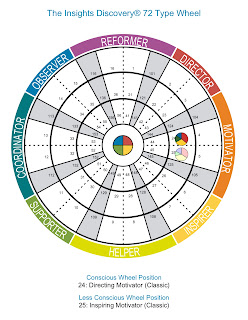Expect changing social media usage - growing bubble to burst?
Encouraging to Google must be that British consumers rate it as their third favourite innovation of the last decade, after broadband and online shopping.
That's nowhere near a solid base on which to build a business for the future: the recent sky-high valuations for social media companies like Facebook and Twitter look increasingly like a bubble inflating and, I'm not investing in something so much at risk of bursting.
Expect the social media companies to change to head off the risk. They employ smart people who will be aware of the risks. It's unrealistic to imagine that what we currently see with use of Facebook, Twitter and similar now will continue on in to the future:
- The social media companies are bringing about constant innovation in pursuit of a financially viable business model, to capture market share and to stave off competition.
- Equally, user populations change and groups use the technology in different ways to serve their needs: the original student focus for Facebook is being modified by older age groups who have different priorities and interests. And fashions change - famously MySpace lost ground to Facebook almost over night.
- New products and trends appear rapidly: currently, it's easy to see that mobile and location-awareness will have major shaping roles on social media usage, led in part by the social media giants and also as a result of them playing catch-up with other companies' innovations...
Facebook and Twitter charge us for use of their services by harvesting our private information and selling it to advertisers. If they charged a subscription price, would we pay? The jury is still out, but the introduction of the pay-wall for Times Newspapers suggests that while some would, it's certainly nowhere near enough to justify current stock valuations.
There's not enough information available - all we get are the ever-growing headline figures of numbers of registered users - but anecdotal evidence implies that teens use SMS and BBM to communicate person to person, away from prying parental eyes; many older teens are 'fasting' from Facebook for months on end (some combination of passive lurking and even deleting their profile before, perhaps, re-engaging); and several older adults I know report that they've almost entirely ceased to post, except in response to what others write to reinforce a meaningful friendship...
When it works the other way, it becomes a positive, self-reinforcing viral loop; as soon as the loop begins to spin in the opposite direction the system can lose momentum very quickly. I'm not suggesting this is happening in scale right now, and to do so would be counter-cultural with all of the hullabaloo about social media's role in political change in the Middle East. But there's enough here to make me wary about betting my life savings on what seems it could be an inflated stock valuation.
Get more like this


Comments